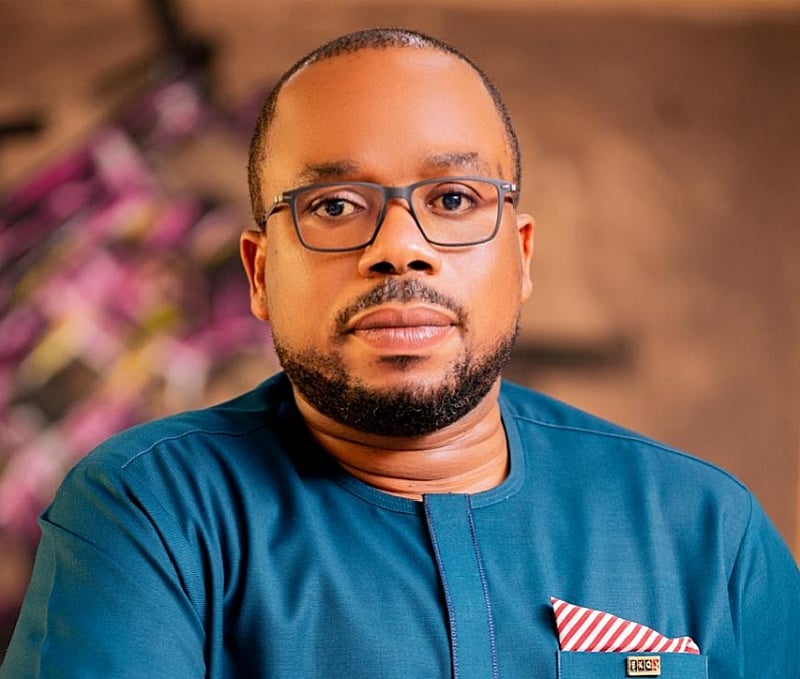Paragraph 1: The NDC’s Focus and Confidence
Benjamin Kofi Quashie, Chair of the NDC Council of Elders in South Africa, has urged the ruling National Democratic Congress (NDC) and President John Dramani Mahama to maintain their focus on fulfilling their mandate and not be sidetracked by the opposition New Patriotic Party (NPP), which he characterizes as a "micro minority." Quashie expressed unwavering confidence in the NDC’s current trajectory, citing positive public sentiment as evidence of the party’s effective governance. He dismissed the NPP’s criticisms, emphasizing the NDC’s commitment to delivering on its promises to the Ghanaian people. This steadfast belief in the NDC’s progress and the public’s perceived endorsement of their leadership forms the cornerstone of Quashie’s message.
Paragraph 2: NDC’s Electoral Dominance and Future Prospects
Quashie boldly proclaimed the NDC’s electoral superiority, expressing confidence in their ability to defeat the NPP in any future election. He pointed to the NPP’s perceived weak performance in the 2024 polls and the current prevailing public approval ratings as indicators of the NDC’s strength. He specifically highlighted Vice President Mahamudu Bawumia, the presumed NPP flagbearer, as someone the NDC could readily defeat. This assertion underscores the NDC’s perceived electoral dominance and their anticipation of continued success in future political contests.
Paragraph 3: Premature Leadership Speculation and the Importance of Governance
Addressing the burgeoning speculation surrounding President Mahama’s successor, Quashie cautioned against engaging in such discussions prematurely. He emphasized the need for the party to remain united behind President Mahama and allow him to focus on governance and delivering on the NDC’s promises. Quashie believes that initiating conversations about future leadership at this stage would be a distraction from the critical task of effective governance. He stressed the importance of allowing President Mahama to complete his term and solidify his administration before considering future leadership transitions.
Paragraph 4: The Vice President’s Potential and the Need for Unity
While acknowledging the growing popularity and significant achievements of the current Vice President, Quashie cautioned against premature endorsement for future leadership roles. He highlighted her historic position as the first female Vice Chancellor of the University of Cape Coast and the first female Vice President of Ghana, recognizing her potential as a strong future candidate. However, he reiterated the importance of avoiding internal party divisions and maintaining a unified front behind President Mahama. This balanced approach acknowledges the Vice President’s potential while simultaneously emphasizing the need for party unity and avoiding premature leadership battles.
Paragraph 5: Potential Future Leaders and the Focus on Mahama’s Success
Quashie addressed the speculation surrounding other potential future leaders within the NDC, including prominent figures such as Education Minister Haruna Iddrisu, Finance Minister Dr. Cassiel Ato Forson, Foreign Minister Samuel Okudzeto Ablakwa, and NDC Chairman John Asiedu Nketia. While acknowledging their individual strengths and potential, he reiterated that such discussions are premature and should not distract from the current administration’s focus on governance. He emphasized the importance of supporting President Mahama’s success as the primary focus for the party.
Paragraph 6: Confidence Against the Opposition and Lessons from the Past
Quashie expressed unwavering confidence in the NDC’s ability to prevail against Dr. Bawumia or any other NPP candidate in a future election. He drew upon the perceived lessons learned from the previous election, suggesting that the NDC is well-positioned to secure victory regardless of the specific individuals vying for leadership positions. This confident outlook underscores the NDC’s belief in their electoral strength and their ability to adapt to future political challenges. Quashie’s message reinforces the party’s focus on unity, governance, and delivering on their promises to the Ghanaian people, while simultaneously projecting an image of electoral dominance and confidence in their future prospects.


